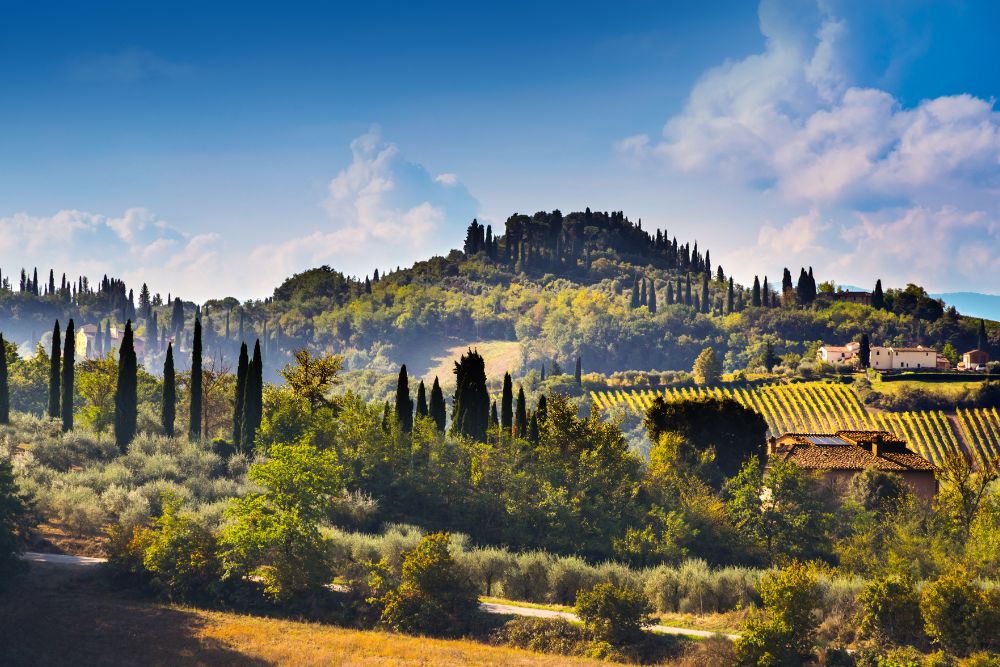
Registering for Italian Schooling
Italy offers a structured and well-developed education system, and expats with children can access both public and private schooling options. Schooling is compulsory for children aged 6 to 16, and the Italian system is divided into several stages that reflect the child’s age and educational level.
Italian schools are known for their academic rigor, cultural depth, and inclusive approach to foreign students. Understanding how the system works and how to register your child will help ease the transition into Italian life and support your child’s integration and learning.
Structure of the Italian School System
Italy’s education system is divided into five main stages. The first is scuola dell’infanzia or nursery school, which is optional and serves children aged 3 to 5. The second stage, scuola primaria or primary school, is compulsory and begins at age 6, continuing for five years.
The third stage is scuola secondaria di primo grado or lower secondary school, for children aged 11 to 14. This is followed by scuola secondaria di secondo grado or upper secondary school, which lasts five years and includes various academic and vocational paths. Lastly, university education is available to those who complete upper secondary school.
Public vs Private and International Schools
Most Italian children attend public schools, which are free and well funded. Public schools offer a strong academic foundation, and expat children are welcomed and supported with Italian language integration programs where necessary.
Private and international schools are another option, especially for families who plan shorter stays or want education in their native language. These schools charge tuition and often follow American, British, French, or International Baccalaureate curricula.
Age and Grade Placement for Foreign Children
Foreign children are placed into Italian schools based on their age, not their previous grade or academic history. This ensures they join classmates of the same age and receive appropriate social development and language support.
While this may seem like a step back for children who are ahead academically, it is a common practice designed to help them adjust linguistically and culturally. Additional lessons in Italian are often provided to help new arrivals succeed.
Required Documents for School Enrollment
Registering a child in an Italian school requires several key documents. These include the child’s passport or identity document, birth certificate, proof of residence, and a codice fiscale or tax identification number. A vaccination certificate is also mandatory under Italian law.
Families should also present any academic transcripts or school records from the child’s previous school, translated into Italian. In some cases, an official declaration of value or "dichiarazione di valore" may be needed to assess previous educational qualifications.
How and When to Enroll Your Child
Enrollment for public schools usually opens in January for the school year starting in September. Applications are made online through the official portal of the Ministry of Education or directly at the chosen school for non-Italian citizens or late arrivals.
Late registrations can be accepted for expat families arriving mid-year. In such cases, it is best to contact the local school office or comune for assistance in finding an available place and starting the enrollment process immediately upon arrival.
Language Support and Integration for Expat Children
Many Italian public schools offer linguistic support for foreign children. This may include additional Italian classes, language immersion programs, and in-class assistance to help students adjust to the curriculum and the new environment.
Integration into Italian school life is highly encouraged, and expat children often adapt quickly through interaction with peers. Support varies by school and region, but most institutions are experienced in welcoming international families.
Daily Life and School Hours in Italy
Italian school hours vary but generally run from 8:00 am to 1:00 or 2:00 pm, Monday to Friday, with some schools offering classes on Saturdays. Some schools, especially primary ones, offer full-day options with lunch and extended activities.
Children typically return home for lunch unless they attend an extended-day program. Homework is a consistent part of the school routine even at young ages, and parental involvement is encouraged through regular meetings and school events.
Catholic Influence and Religious Education
Although public schools in Italy are secular, the majority include optional Catholic religious education as part of the curriculum. Participation is not compulsory, and parents can opt their children out during registration.
In place of religious instruction, children may participate in alternative activities or supervised study. International and private schools may or may not offer religious education, depending on the school’s mission and curriculum.
Extracurricular Activities and School Culture
Public and private schools in Italy typically offer limited extracurricular programs during school hours, although after-school activities may be organized through local community centers or sports clubs. Popular activities include soccer, music, art, and dance.
School culture is formal but welcoming, with an emphasis on academic performance and respectful behavior. Parent-teacher meetings, cultural events, and end-of-year performances are all important parts of the school experience for families.
High School Options and Vocational Paths
After lower secondary school, students choose between academic and vocational high schools. Liceo schools focus on classical studies, science, or language, while technical and vocational schools prepare students for careers in business, technology, or industry.
Expat children can enroll in any of these pathways, although language proficiency is crucial for academic success. Some international schools offer upper secondary programs leading to internationally recognized diplomas that ease university admission abroad.
Costs of Education in Italy
Public education in Italy is free, even for expat families, though minor fees may be required for school supplies, meals, or extracurricular programs. Families on lower incomes can often request subsidies or exemptions.
Private and international schools vary significantly in cost. Tuition can range from a few thousand euros to over €20,000 per year, depending on the location, curriculum, and facilities. Scholarships and sibling discounts may be available.
Tips for a Smooth Transition
To support your child’s adjustment, involve them in the decision-making process where possible and visit schools before enrolling. Learning basic Italian phrases in advance can also ease early challenges and boost confidence.
Maintaining regular communication with teachers and joining local parent groups can help you navigate the system. Encourage your child to take part in school events and community activities to build friendships and feel at home.
Conclusion: Education as a Gateway to Integration
Registering your child in the Italian school system is one of the most important steps you will take as an expat family. Whether you choose a public, private, or international school, Italy offers a high standard of education and an inclusive approach to foreign students.
With preparation and understanding, your child can thrive academically and socially while gaining the benefit of bilingualism and exposure to one of the world’s richest cultures. Education in Italy is not only a legal requirement but a vital part of your family’s journey abroad.














